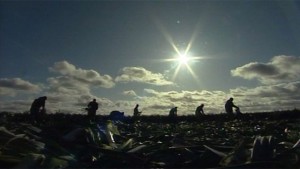
My Independent opponent made a comment in a recent leaflet that we should keep Cambridge City Council elections local and that he was not going to talk publicly about his views in the EU. That set me thinking. I can see his point, but things are much more interconnected than that. At the very least, the stability brought by the EU means local councils don’t have to think about “the war effort” (or the war memorial) as they did in the twentieth century.
On the doorsteps we are a week away from the local elections and the EU referendum is two months away. Support for the Liberal Democrats and for EU membership are (mostly) going together, and there is a phalanx who clearly say they are voting “Independent and out”.


